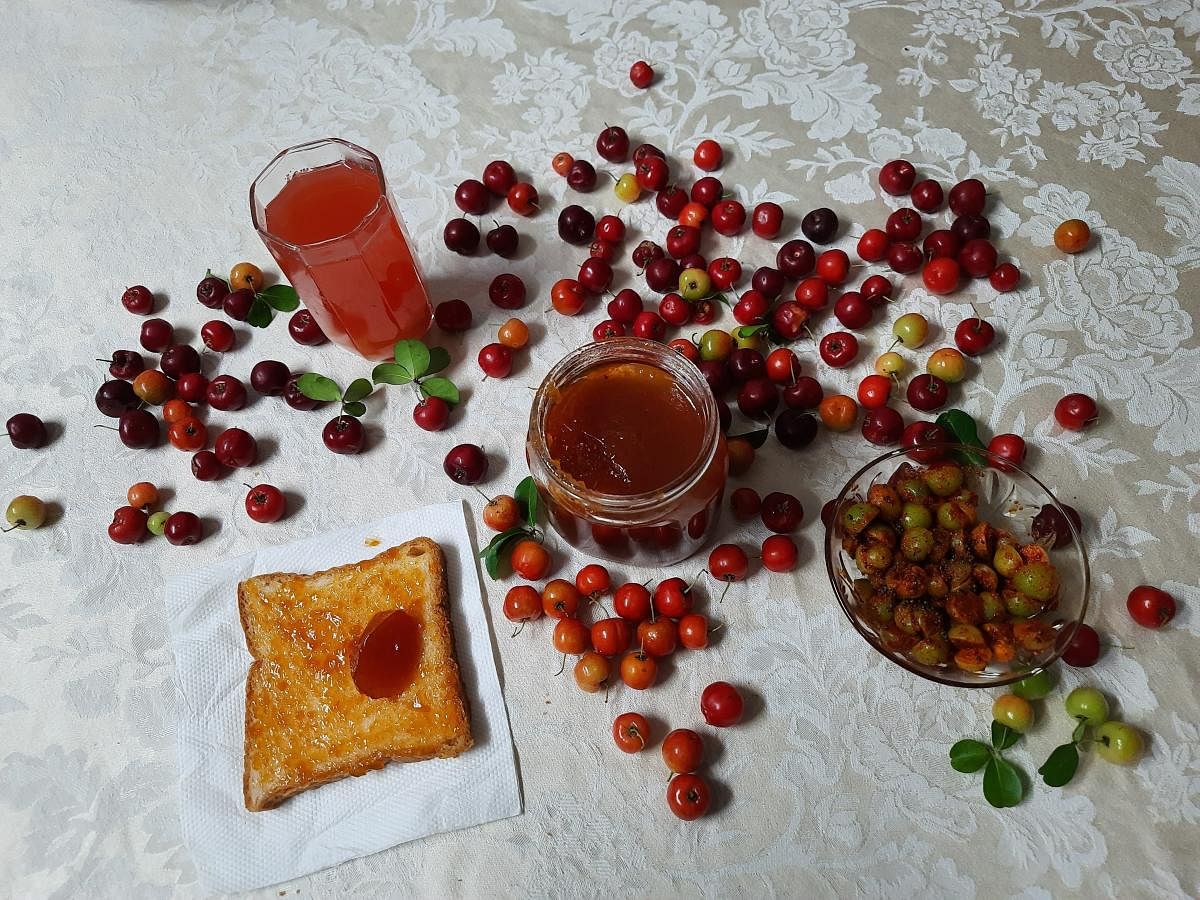
Covid-19 continues its fearful march, and the coming months are expected to be much more infectious. India, like all other nations, is waiting eagerly for the vaccine and stable treatment protocol, which appear to be still in the uncertain time zone. It is natural for all to recall the old adage “Prevention is better than cure” more fervently than ever before in such a situation. Building immunity at the physical level and cultivating a positive frame of mind at the psychological level are a commonly proffered advice as an antidote against the virus these days. Consequently, preferable diet patterns are suggested as immunity boosters by various experts, doctors and nutritionists.
Experts stress on Vitamin C as integral to the immunity boosters kit whose immunity-boosting properties are well established by science. This vitamin acts as a powerful antioxidant protection against damage induced oxidative stress and systemic infections. Also known for its usefulness in preventing respiratory distress syndrome, it has been successfully used in treating the same. Some studies have demonstrated promising results from incorporating Vitamin C in speeding up the recovery of coronavirus infected patients. With the global focus on evolving a proven treatment protocol, its utility can only be expected to get well established in due course. Doctors and nutritionists have been advising the consumption of Vitamin C rich fruits and vegetables in adequate quantities. Commonly, these include coloured bell peppers, guava, kiwi, citrus fruits, papaya, mango, amla and such others.
Likewise, one of the richest sources of Vitamin C, the West Indian cherry is common in many gardens as an ornamental plant whose fruits are often neglected due to its tart taste. With a surprisingly high Vitamin C content of 3,097-4,515mg/100, this little fruit can beat any other in the world. Compare it with others, the more popular and they will pale before it — amla (600-700 mg/100g), guava (200-300 mg/100g), citrus fruits (50-100mg/100g) and jamun 290 mg/100 g. Further, the cherry fruits are also rich in anthocyanins, beta carotene, zinc and phosphorous, as some research journals highlight. With a recommended daily requirement of the vitamin being 28-70 mg/ person from child to adult, a single cherry fruit weighing about 4-5g can meet the demand. Incidentally, its fruiting period from July to November coincides with the expected peak phase of Covid-19, and therefore this cherry offers itself as the easiest and cheapest source of Vitamin C.
Scientifically described as Malphigia emarginata, and commonly known as the West Indian cherry, Barbados cherry, Jamaican cherry or Acerola, the plant is a native of the West Indies.
The plant thrives in many parts of our country including Karnataka. Often cultivated as an ornamental plant, it has evergreen leaves and a bushy growth that makes for good hedges and borders. The bright red juicy fruit encloses within its pulp, three yellowish triangular seeds. Having a short shelf life, the fruits need to be consumed soon after harvesting as they start to decompose within 2-3 days, simultaneously losing their nutritive value.
The cherry fruit is highly amenable to varying uses at different stages of its ripening. While the green matured fruits can be used in making chutneys and pickles, pectin rich ripe fruits can be processed into jams, jellies and murabba.
The fruit also yields a fresh and juicy drink, whose taste is enhanced by adding salt and sugar, enriched by other immunity-boosting foods like ginger and mint or blended with other fruit juices. This cocktail pops up a rich taste and colour apart from its enviable nutritive value. Juice concentrates can be prepared and stored for later use for addition to milkshakes, smoothies and ice creams. Unlike all other comparable fruits and vegetables, cherry scores over them by its ability to retain the Vitamin C even after cooking, processing and storage. This is useful in India where fruits can even be stored by drying.
(The author is a professor with University of Agricultural Sciences, Dharwad)